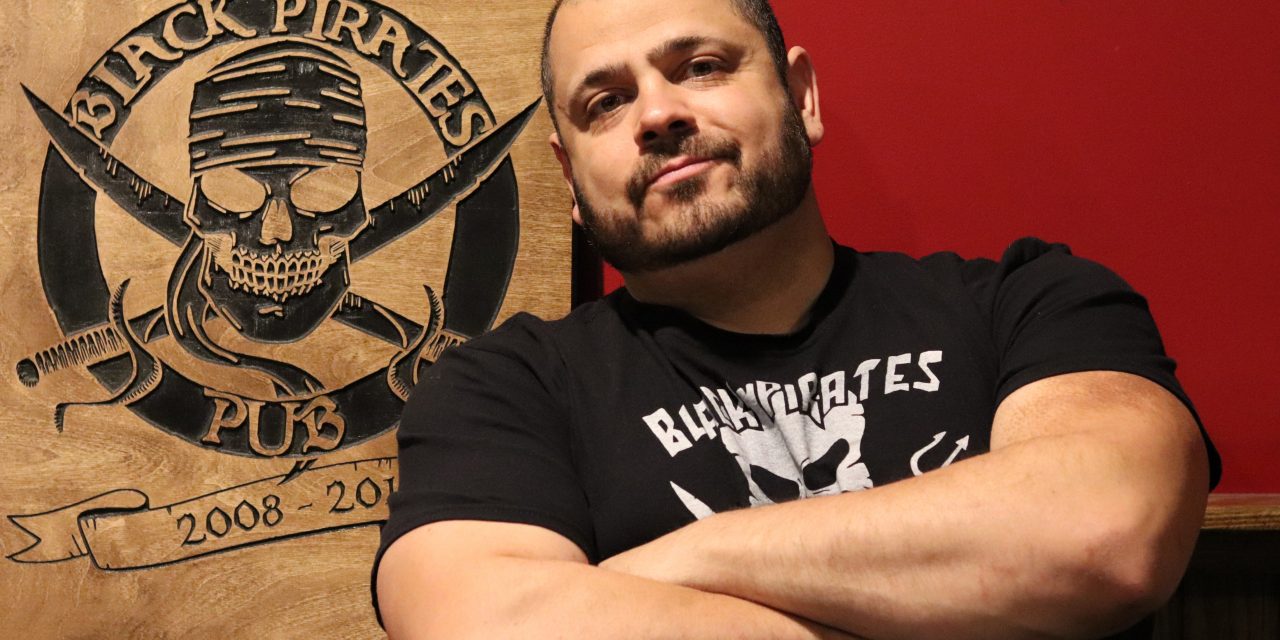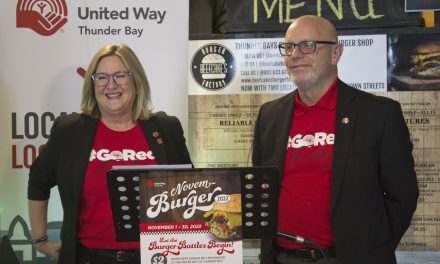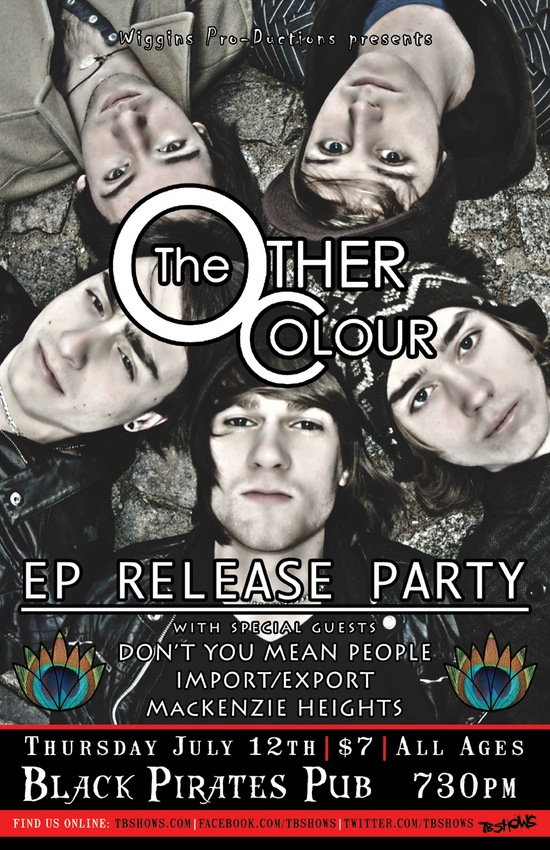Establishments Prioritizing Liquor Sales Face Barriers to Coverage
By Matt Prokopchuk
Bar owners and representatives from the insurance industry say it’s tough times for establishments whose major or sole focus is selling alcohol and catering to the nightlife scene to find coverage.
 In Thunder Bay’s downtown north core, Kal Merkley, who owns Babylon Quick Fix with his wife Jana, had to completely revamp their business plan from its initial concept of a hip cocktail lounge, called Babylon Lounge, because no insurance company would cover them. Merkley says those rejections ahead of their planned fall 2020 opening forced them to switch to their current business model and name—a “modern version of an old-school soda shop”—which doesn’t serve alcohol.
In Thunder Bay’s downtown north core, Kal Merkley, who owns Babylon Quick Fix with his wife Jana, had to completely revamp their business plan from its initial concept of a hip cocktail lounge, called Babylon Lounge, because no insurance company would cover them. Merkley says those rejections ahead of their planned fall 2020 opening forced them to switch to their current business model and name—a “modern version of an old-school soda shop”—which doesn’t serve alcohol.
“The only reason we were able to get any operating insurance is [because] I talked to about 90 insurance guys just within the course of a week and not one of them could find me insurance,” Kal Merkley says. “Until one guy asked the right question: he was like ‘are you willing to operate under a different name?’” The Merkleys were, “and that’s where Babylon Quick Fix was born, because it was a band-aid solution,” he says.
Across the street and several doors down on Red River Road, Onur Altinbilek, the owner of Black Pirates Pub, has had his own insurance issues. A popular north core night spot and concert venue (and one, Altinbilek says, that has never had a liquor infraction during its over-a-decade-long run), Black Pirates temporarily closed its doors in 2020 when the pandemic hit in March. Altinbilek, however, would get another surprise four months later when his existing policy came up for renewal. “My broker said that the provider wasn’t going to cover […] us anymore,” he says. “Their excuse was that it’s not a big provider; they’re leaving the entire bar and restaurant [sector].”
Numerous queries to brokers and other providers over the next several months turned up nothing, until the fall, when Altinbilek says he found someone who gave him a “reasonable quote.” But with pandemic restrictions at the time essentially not allowing him to open, he declined. He says he is waiting until restrictions are further lifted to the point he can operate to resume his search.
Situations like Altinbilek’s and the Merkleys’ are common, say representatives for a nation-wide, membership-based resource and lobby for the food service industry, as well as the region’s insurance brokers association. James Rilett, a Restaurants Canada vice president, says he’s heard many stories like at Black Pirates, where insurers are dropping clients at renewal time, as well as those of establishments who can’t find insurance or can only get it at hiked-up rates. “It’s affecting everybody with a liquor license, but definitely those that are what we call drinking places or bars are affected more than others,” he says. “We’ve also seen that live music sectors have trouble [getting] insurance as well.”
Clare Kempe, the president of the Insurance Brokers Association of Northwestern Ontario and a local broker, says it’s part of a wider, “hard market” trend across the industry over the past several years, where providers are much more risk-averse and most, if not all, types of insurance are harder to get. Bars and nightclubs, however, carry heightened risk, she adds. “A lot of it has to do with Ontario regulations on liquor licensing,” she says. “Because […] a bar would be liable for giving alcohol to somebody, the liability is what they’re trying to get insured.” Basically, she says, as far as the insurers are concerned, that means higher historic or projected liquor sales mean more exposure to being sued (potentially in the tens of millions of dollars), and, consequently, it’s a tougher sell. “It all comes back down to […] the high exposure.”
“Bottom line is, serve food,” Kempe says of how a business might be able to mitigate the problem, adding that food sales can cut into liquor purchases “and show better balance.” It’s no guarantee, though, as Black Pirates, when open, also features a kitchen. Kempe says COVID-19 didn’t cause the hard market, but is slowing any future softening, where companies may be more willing to accept risk. Rilett says his group has been working with the Insurance Bureau of Canada and insurers to try and help.
But these types of swings in the industry have real consequences for businesses, Merkley says. Even with pandemic restrictions throughout this past winter meaning Babylon’s doors would have largely been closed, he says if the business had been insured as a cocktail lounge, they were considering offering take-out drink options under Ontario’s COVID-era regulation changes that allow take-home liquor. The forced switch to the current business model in order to secure insurance has also meant their overhead has “ballooned,” he says. “We’re still in a market that we never intended to be in,” he continues, adding that he’s still eyeing a lounge component to the business in the future.
Altinbilek adds that he’d like to see insurance options offered through the public sector. “It’s really disheartening how much control insurance companies have on who they can and can’t insure,” he says. “I don’t understand why there’s not a blanket universal insurance coverage that you can get. […] Like, if we have to have it, why is it private companies?”















